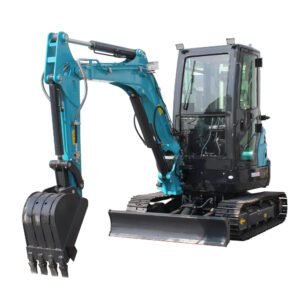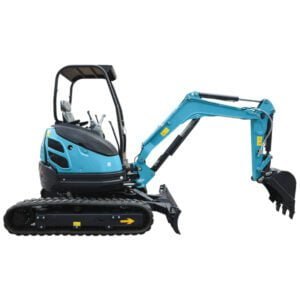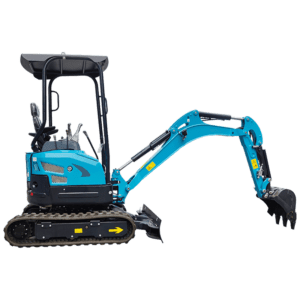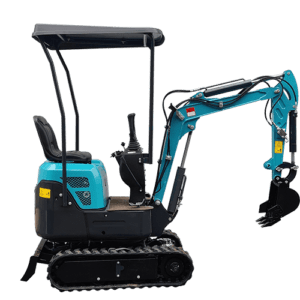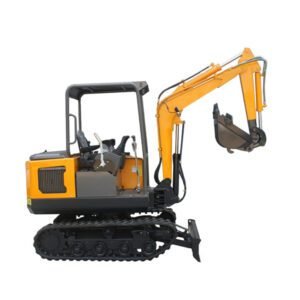Email: [email protected] Whatsapp: 8618266768780
Types of Excavation Work
Welcome to My Blog!
Before we dive into the content, I’d love for you to join me on my social media platforms where I share more insights, engage with the community, and post updates. Here’s how you can connect with me:
Facebook: https://www.facebook.com/profile.php?id=100072217509763
LinkedIn: https://www.linkedin.com/company/74949059/admin/dashboard/
YouTube:www.youtube.com/@tractormanufacturer-lc5qz,www.youtube.com/@excavatormanufacturers-sn9hk
TikTok: www.tiktok.com/@tractormanufacturer, www.tiktok.com/@excavatormanufacturers
Now, let’s get started on our journey together. I hope you find the content here insightful, engaging, and valuable.
Introduction
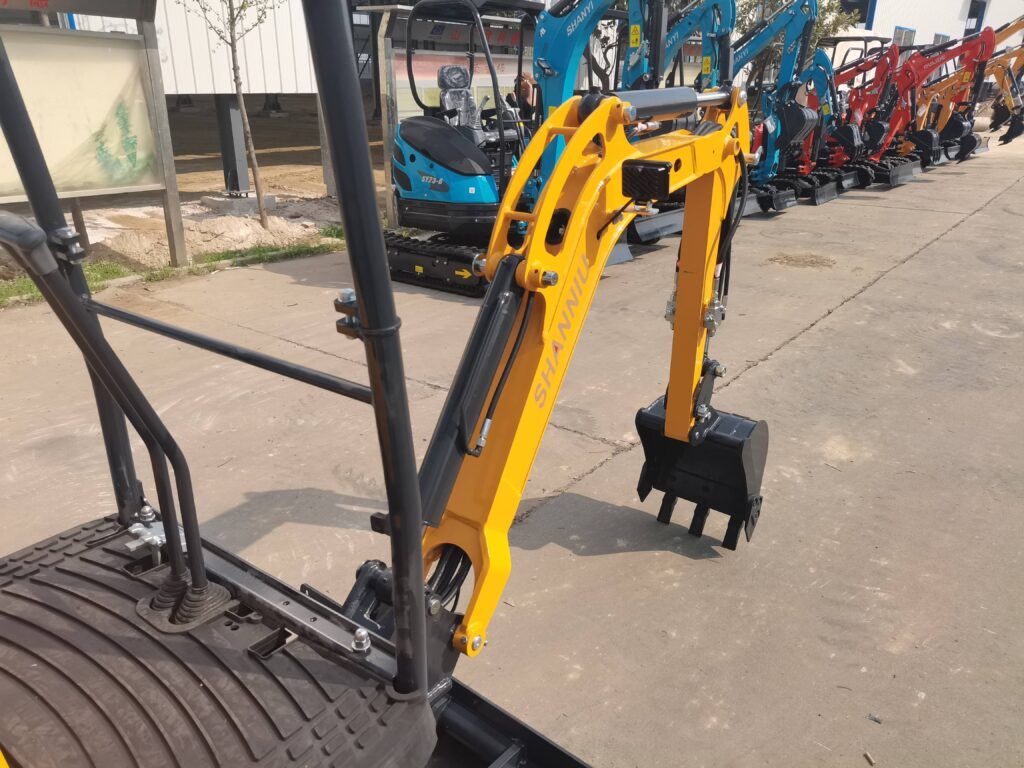
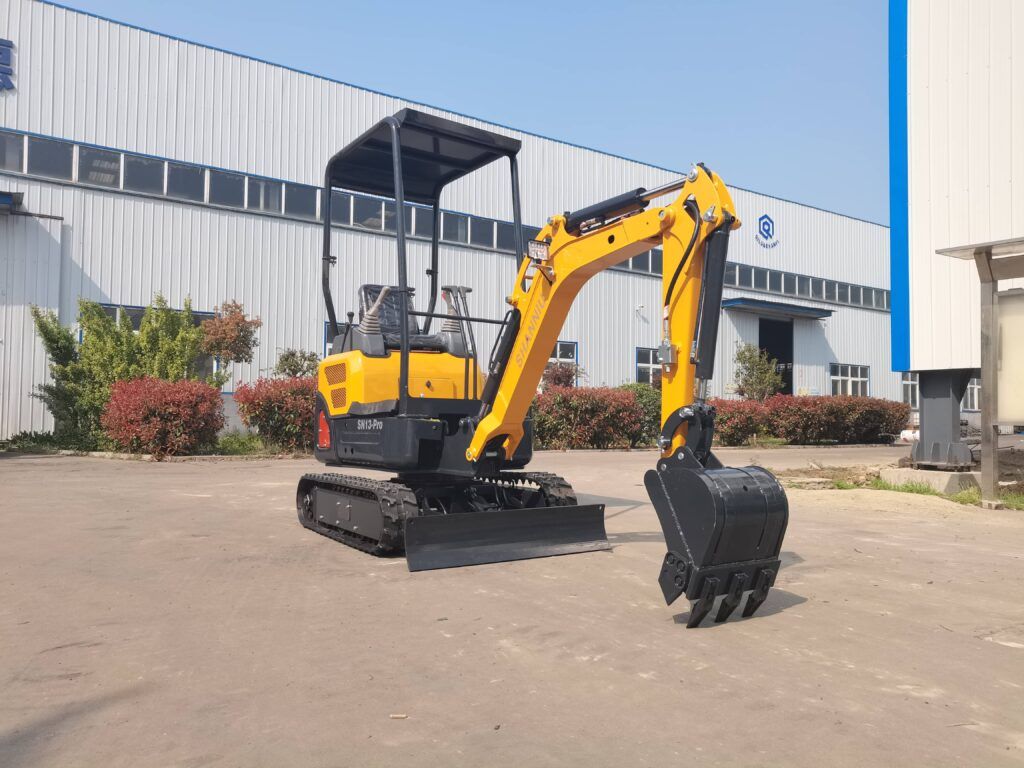
Excavation work plays a critical role in construction, mining, and infrastructure projects. Whether you’re preparing land for a foundation, creating trenches for utilities, or digging for mining operations, excavation serves as the backbone of many industrial tasks. Proper excavation ensures the stability, safety, and precision required to carry out large and small-scale projects effectively.
Understanding the different types of excavation work is essential for contractors, project managers, and engineers. By identifying the right methods and equipment for the job, you can improve efficiency, reduce costs, and avoid unnecessary complications. In this article, we will explore the various types of excavation work, their applications, and factors that influence excavation operations.
Let’s dig deeper into the types of excavation work and why they are vital for modern infrastructure and development projects.
What Is Excavation Work and Why Is It Important?
Excavation work involves the process of removing soil, rock, and other materials from the earth to create space for construction or other purposes. This process can be performed manually with hand tools or mechanically using heavy machinery like excavators, bulldozers, and loaders.
Importance of Excavation Work:
- Foundation Preparation: Ensures a stable base for buildings, roads, and bridges.
- Utility Installations: Provides space for pipelines, drainage systems, and electrical conduits.
- Resource Extraction: Facilitates mining and quarrying operations.
- Land Grading: Levels uneven ground to meet construction requirements.
- Flood Management: Creates trenches and channels for water flow control.
Excavation is integral to almost every construction and industrial project, making it crucial to understand the different types of excavation work and their purposes.
Common Types of Excavation Work
Different projects require specific types of excavation work based on their goals, soil conditions, and environmental factors. Below, we discuss the most common types of excavation work in detail.
Topsoil Excavation
Topsoil excavation involves removing the upper layer of soil, which typically contains vegetation, roots, and organic matter. This type of excavation is necessary to prepare the ground for construction and landscaping projects.
Applications of Topsoil Excavation:
- Preparing sites for building foundations
- Landscaping and gardening
- Road construction
Earth Excavation
Earth excavation refers to the removal of the soil layer beneath the topsoil. This type of excavation is common in projects that require significant soil removal to reach a specified depth.
Applications of Earth Excavation:
- Creating building foundations
- Constructing embankments and drainage systems
- Leveling and grading land for construction
Rock Excavation
Rock excavation involves removing solid rock formations that cannot be easily dug up with standard tools or machinery. Specialized equipment, like hydraulic breakers, explosives, and drilling machines, is used for rock excavation work.
Applications of Rock Excavation:
- Mining operations
- Road and tunnel construction
- Quarrying for building materials
Trench Excavation
Trench excavation is the process of digging narrow and elongated pits, typically for the installation of utilities such as pipes, cables, and drainage systems.
Applications of Trench Excavation:
- Installing sewer and water pipelines
- Laying underground cables
- Constructing foundation footings for buildings
Cut and Fill Excavation
Cut and fill excavation involves removing soil (cutting) from one area and using it to fill another area to achieve the desired land grading. This method is commonly used in road construction and leveling uneven terrain.
Applications of Cut and Fill Excavation:
- Road construction
- Land reclamation
- Creating flat building platforms
Factors That Influence Excavation Work

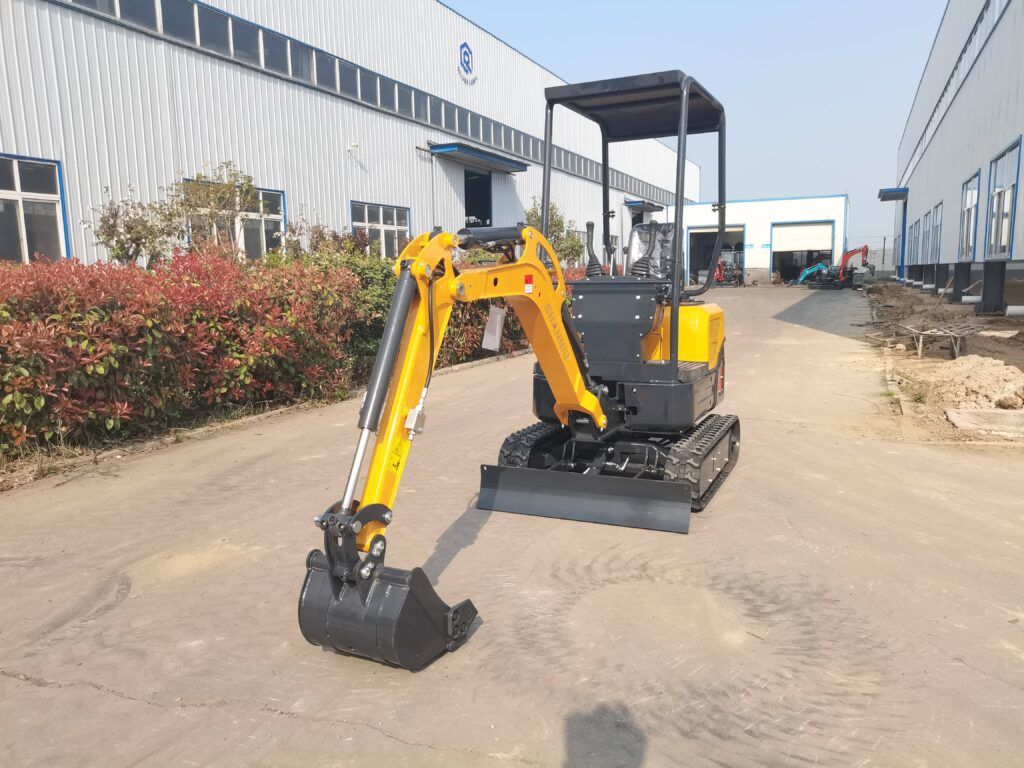
Several factors affect the type, cost, and method of excavation work required for a project. Understanding these factors is essential for choosing the most efficient excavation approach.
Key Influencing Factors:
- Soil Type: The condition and composition of the soil (sand, clay, gravel, or rock) dictate the excavation method and equipment used.
- Project Scale: The size and scope of the project determine the amount of material to be excavated.
- Site Accessibility: Limited access to the site can affect machinery selection and excavation timelines.
- Weather Conditions: Adverse weather can impact soil stability and work schedules.
- Environmental Concerns: Excavation work must adhere to environmental regulations to minimize soil erosion, sediment displacement, and ecological damage.
Table: Comparison of Excavation Work Types
Below is a comparison table that highlights key characteristics and uses of different types of excavation work:
| Type of Excavation | Main Purpose | Common Applications | Required Equipment |
|---|---|---|---|
| Topsoil Excavation | Remove surface-level soil | Landscaping, foundation preparation | Bulldozers, skid-steer loaders |
| Earth Excavation | Remove subsoil for foundations | Building foundations, embankments | Excavators, loaders |
| Rock Excavation | Break and remove rock layers | Mining, road construction, tunneling | Hydraulic breakers, explosives |
| Trench Excavation | Dig narrow pits for utilities | Pipeline installations, foundation work | Backhoes, trenchers |
| Cut and Fill Excavation | Level uneven terrain | Road construction, land reclamation | Scrapers, bulldozers, dump trucks |
The table above provides a quick reference to help identify the right type of excavation work for your project based on its purpose and equipment requirements.
How to Choose the Right Excavation Work Method
Choosing the appropriate excavation work method depends on the project’s specific needs, the site conditions, and the available resources. Below are steps to help you decide:
- Assess Project Requirements: Identify the purpose of excavation and the depth or area that needs to be excavated.
- Analyze Site Conditions: Evaluate the soil type, weather, and accessibility of the site.
- Select the Right Equipment: Match the excavation method with the appropriate tools and machinery for optimal efficiency.
- Ensure Safety Compliance: Follow safety guidelines and environmental regulations to minimize risks and disruptions.
- Hire Experienced Professionals: Work with skilled contractors and operators to ensure high-quality results.
Conclusion
Excavation work is a fundamental aspect of construction, mining, and infrastructure projects. By understanding the different types of excavation work, project managers and contractors can choose the right methods to achieve their goals efficiently. Whether it’s removing topsoil for landscaping or breaking rock for mining operations, selecting the appropriate excavation process ensures precision and cost-effectiveness.
Factors such as soil conditions, project scale, and environmental concerns play a key role in determining the type of excavation work required. By leveraging advanced machinery and skilled professionals, excavation tasks can be executed with greater accuracy and safety.
Ultimately, understanding and planning excavation work is essential for the success of any construction or industrial project.
FAQ
What is excavation work in construction?
Excavation work involves removing soil, rock, and other materials from the ground to create space for construction, utilities, or infrastructure projects.
What are the main types of excavation work?
The main types include topsoil excavation, earth excavation, rock excavation, trench excavation, and cut and fill excavation. Each type serves a unique purpose based on project requirements.
What equipment is used in excavation work?
Common equipment includes excavators, bulldozers, backhoes, trenchers, and hydraulic breakers, depending on the type of excavation work being performed.
How do I choose the right excavation method?
Choosing the right method involves assessing project requirements, site conditions, and soil type while selecting the appropriate machinery and ensuring compliance with safety standards.
Why is excavation work important?
Excavation work is critical for preparing foundations, installing utilities, mining resources, and leveling land for construction, ensuring the stability and success of various projects.
About Us
Shandong Qilu Industrial Co., Ltd. is a professional manufacturer and exporter integrating the development and production of excavators, loaders and tractors. We provide the best service, absolutely.
Recent Posts
Video demo
-1.png)
Contact Us Today!
Any question, quote or inquiry? Click the button to send message.
Qilu Industrial will always here to help.

